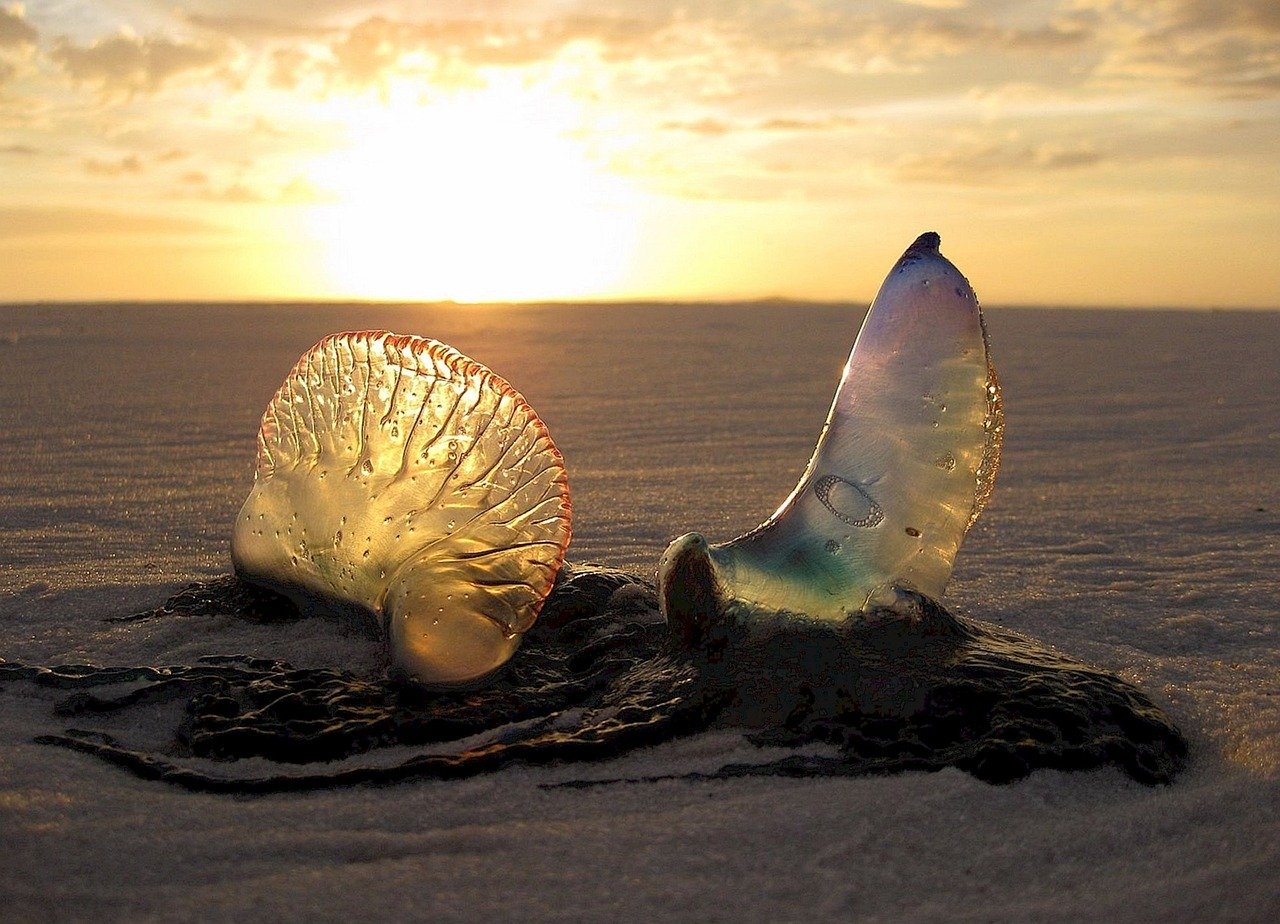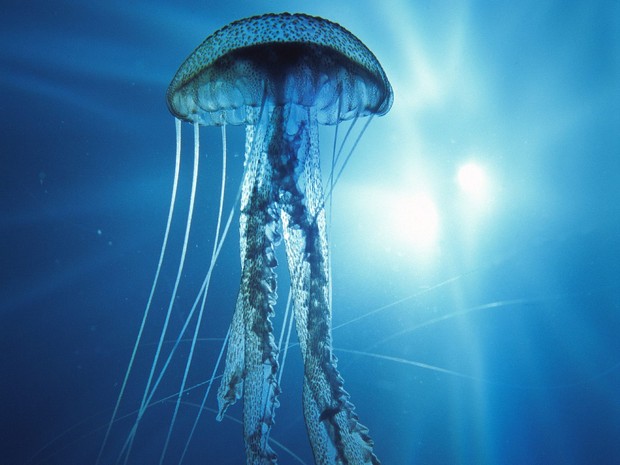Well, try and stay away from Terengganu waters then.
Jellyfish invasion
According to a report by The Star Online, a highly venomous jellyfish species, the Portuguese man o’ war, has been found in Terengganu waters this past week.As such, the Terengganu Fisheries Department has warned beachgoers to exercise caution to avoid getting stung by 'em nasty jellyfish.
The warning was issued for a 60km stretch of the Terengganu coast from Pantai Bari to Pulau Kekabu.

The jellyfish had also been found washed ashore on Pantai Pulau Kekabu in Marang, Pantai Rhu Sepuluh in Penarek and Pantai Bari in Setiu.
Yep, they are invading our beaches alright.
Fisheries Department director Zawawi Ali warned the public not to touch the jellyfish even when they are dead, or swim at the beaches where they are found.
“Jellyfish that have washed up on a beach may still release venomous stingers if touched.
“Recently, the species was found in Kuantan and Pulau Tioman in Pahang, and Sabah and Thai waters.
“We are working closely with the local council to warn beachgoers on the danger of this jellyfish by putting up warning signs, ” he was quoted as saying.
What to do if you get stung

However, he said that the good news is, the jellyfish season is likely to end by late March or early April when wind direction changes.
An unnamed doctor who was quoted in the report said that that those stung by the translucent bluish-purple or pink tinge jellyfish should not apply vinegar as the stinging cells would continue to stimulate the toxin discharge and cause more pain.
Instead, he said, seawater should be used to rinse and remove the tentacles that contain the microscopic stinging cells, before seeking immediate medical help.
The man o’ war is usually found in the Atlantic, Indian and Pacific Oceans, but was also reported in Melaka, Penang and Singapore.
